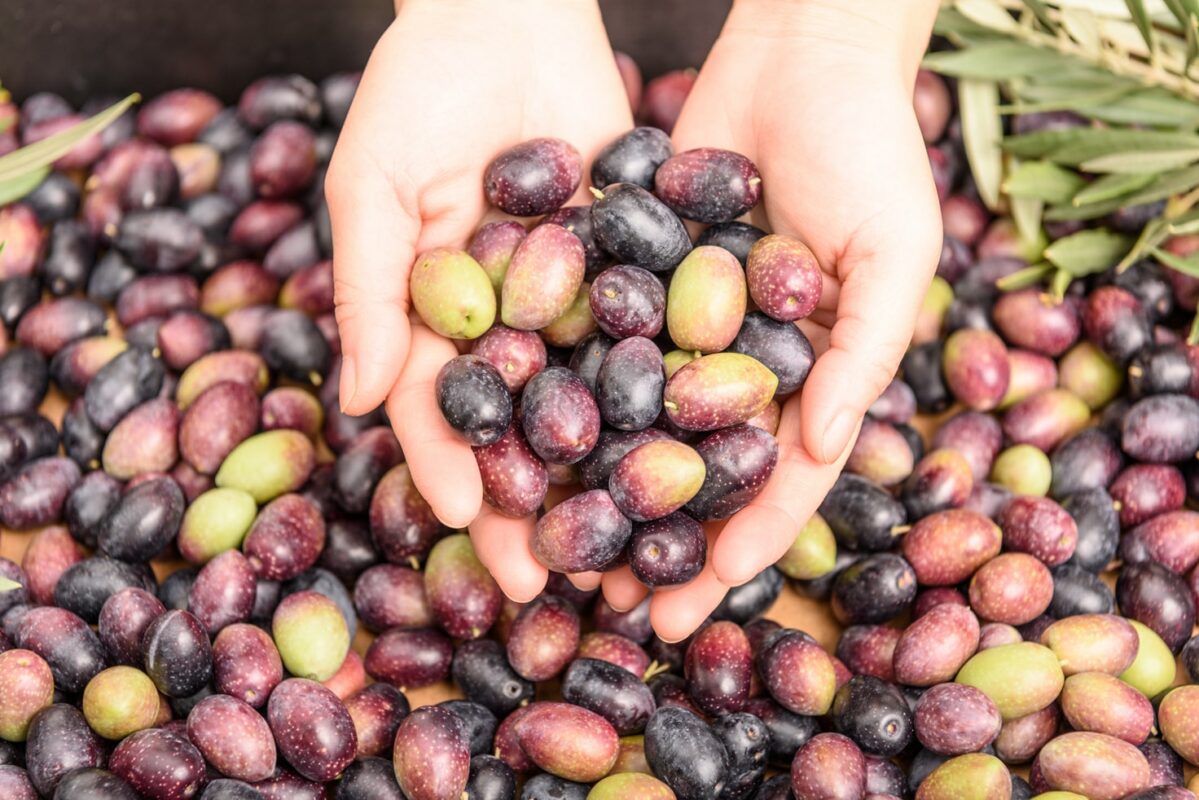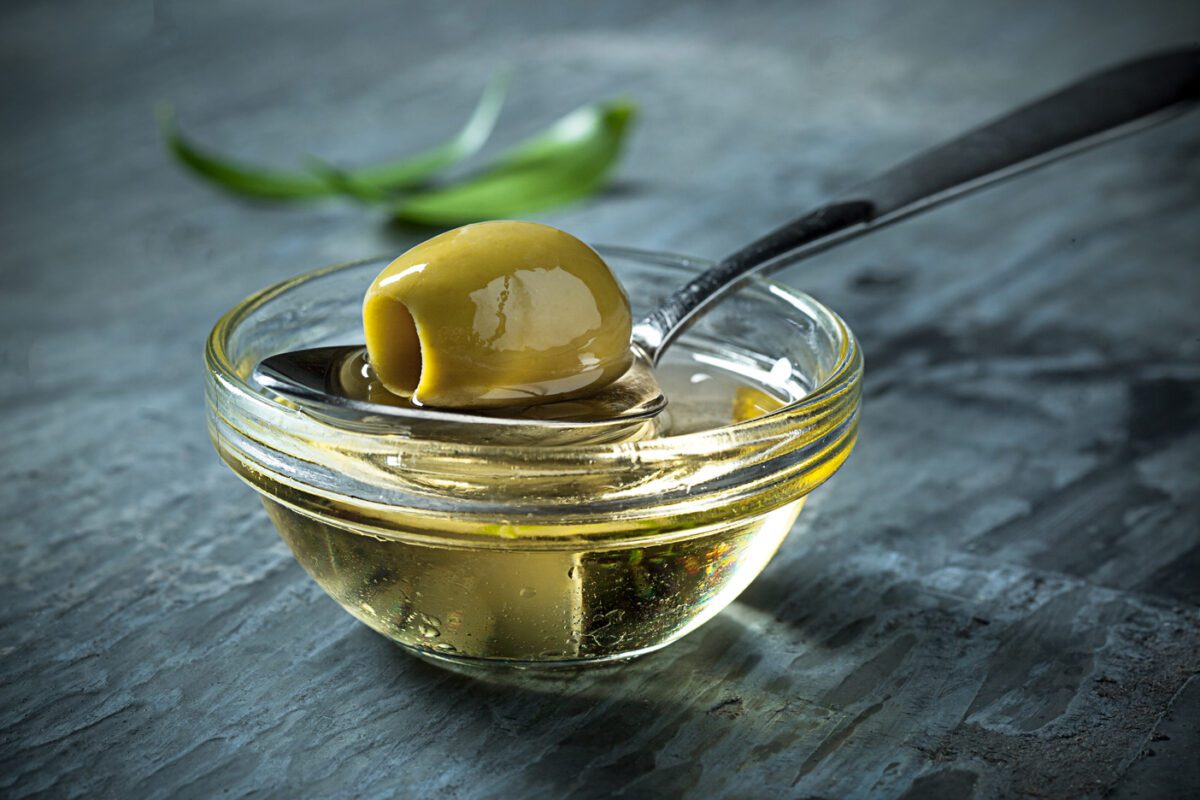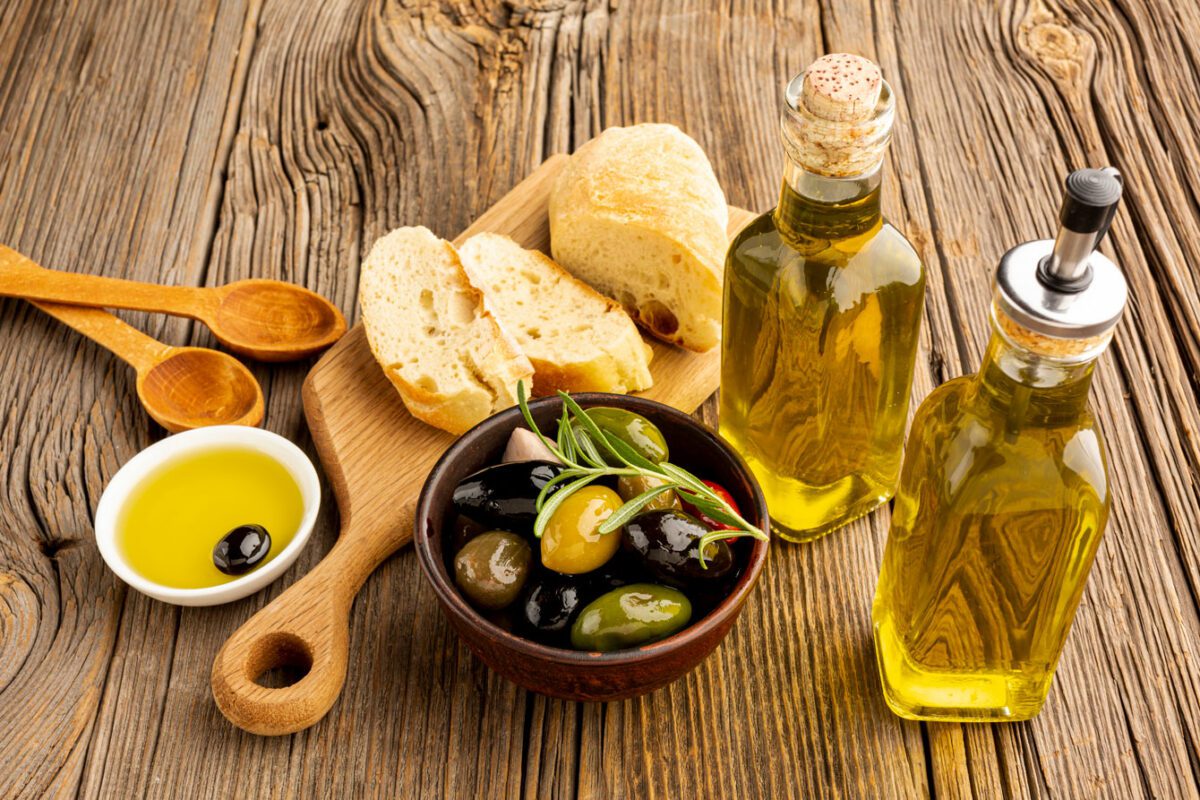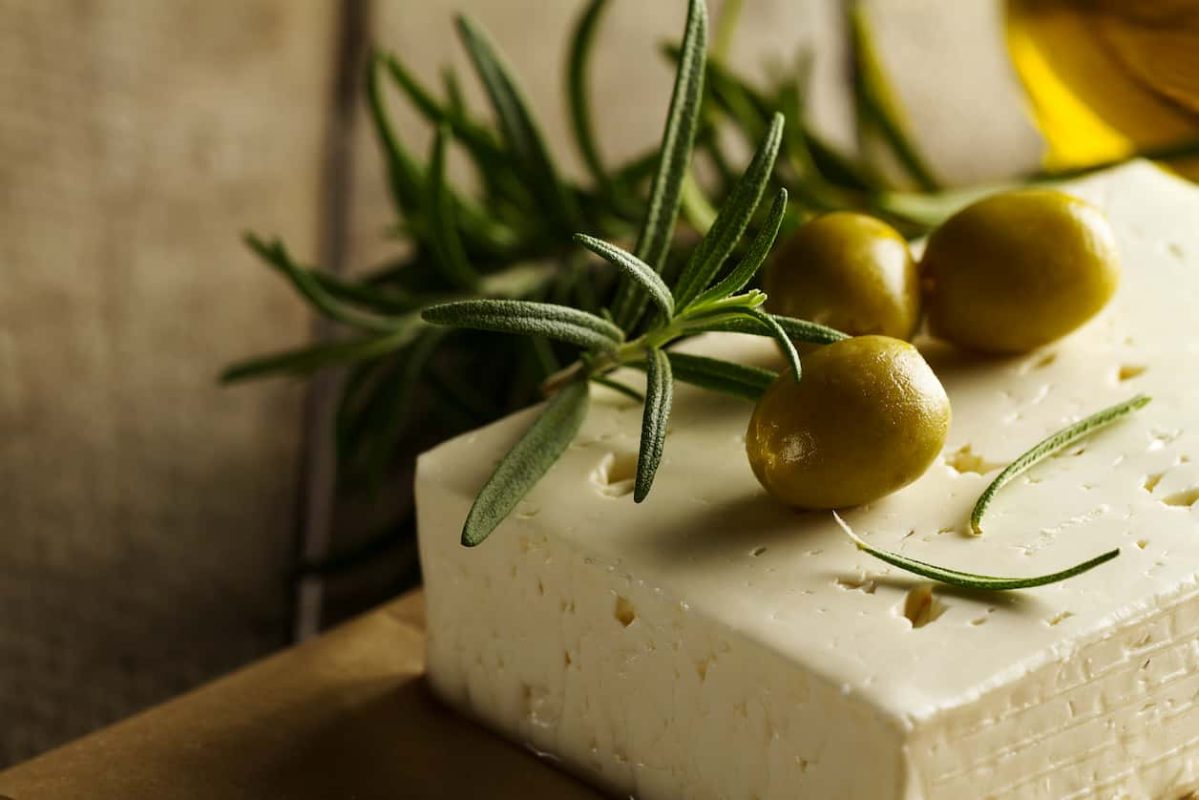There is growing scientific evidence that the minor compounds in EVOO protect against Alzheimer's disease
Important new research is underway to add to the growing body of scientific evidence that smaller components of EVOO, such as polyphenols, protect against Alzheimer's disease.
In a promising study published in 2020 in the Journal of Alzheimer's Disease was published, scientists from the Aristotle University of Thessaloniki (AUTH) and the Hellenic Association for Alzheimer's and Related Diseases tested the hypothesis that EVOO high in phenolic content improved cognitive performance in an elderly cohort (60 to 80 years) with symptoms of mild cognitive impairment ( MCI) could improve. The results of the study showed that the participants who supplemented a Mediterranean diet with high-phenolic EVOO performed significantly better than the control group who followed the Mediterranean diet without high-phenolic EVOO.
The participants in the double-blind, longitudinal study were divided into three groups, all of which were instructed to follow a Mediterranean diet. Groups 1 and 2 were asked to supplement the Med diet with 50 mL (3,38 tablespoons) of high phenolic EVOO. Group 1 received EVOO with a very high phenol content (total 975 mg/Kg secoidoid phenols) and group 2 received oil with a moderately high phenol content (271 mg/Kg). (NAOOA member Yanni's Olive Grove donated the oils used in the study.) Group 3, the control group, did not receive any high-phenolic EVOO supplements but were simply asked to follow the Med diet.
After following the participants for 12 months, the researchers found that Groups 1 and 2 had statistically significantly better overall cognitive performance compared to the control group, specifically in terms of global cognition, letter fluency, and post-MCI stability 12 months. Group 3 participants, who ate the Med diet and did not consume high-phenolic EVOO supplements, performed either worse or stable compared to baseline measurements. (The authors noted that there was no significant difference in the performance of participants in Groups 1 and 2).
The lead author of the study, Dr. Magda Tsolaki, Professor of Neurology at AUTH and Chair of the Greek Federation of Alzheimer's Disease, emphasized the importance of this study: “To date, there is no other study that has shown in such detail the effects of extra virgin olive oil on elderly people with MCI as promising Solution for cognitive impairment." The study authors acknowledged that the study had limitations, particularly the relatively small sample size and short duration, and called for further research.
A new year-long study is now underway to expand this research. A new group of approximately 200 participants was recruited and added to the existing cohort (which will continue to be followed and many of whom will participate in the extension study). All participants will follow the same protocols as in the first study. This will allow researchers to determine the beneficial effects of EVOO in relation to specific genotype expressions (particularly the apoE4 gene, which has been shown to increase the likelihood of developing Alzheimer's) as well as the presence of biomarkers linked to Alzheimer's research, such as tau281 , tau237 and amyloid oligomers.
The results of the extension study are expected in 2024.











